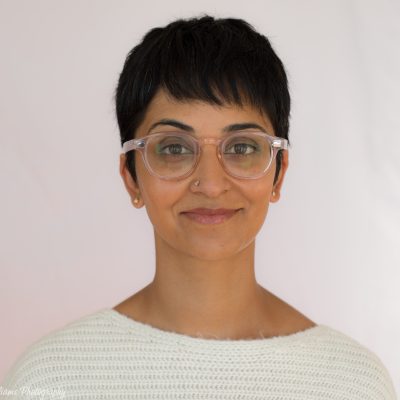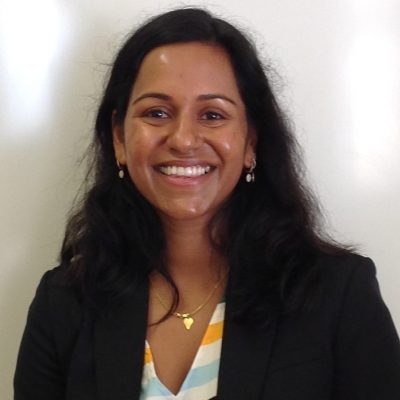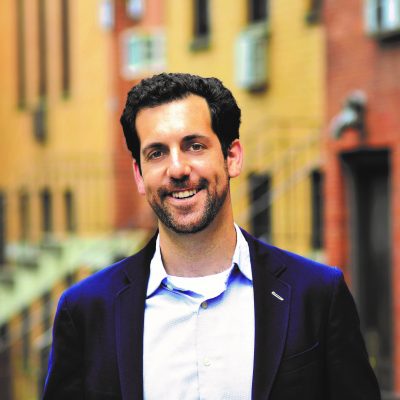Webcast recording
As the United States, and parts of the global north, ramp up COVID-19 vaccine distribution and administration, the rest of the world lags behind. It is becoming increasingly clear that an equitable global access plan is needed if we ever hope to return to a semblance of normalcy, and more importantly, if we want to avoid mass casualties on an international scale.
This panel, sponsored by the SNF Agora Institute in partnership with Democracy Moves, will explore the current reality pertaining to vaccine distribution, and the biomedical, financial, and geostrategic reasons that the global response has lagged. The panel will also explore the ethical and practical realities of a more equitable plan moving forward, and provide concrete recommendations on how a process could be accelerated.
Panelists:
 Frida Romay Hidalgo is a Mexican lawyer from the National Autonomous University of Mexico (UNAM) interested in global health, antimicrobial resistance, bioethics, political theory, and gender equity. She has been a research assistant in several projects at the Legal Research Institute at UNAM and the Mexican National Institute of Public Health. She is currently volunteering in the non-governmental organization “Movimiento CUS” as coordinator of bioethics, which is part of Democracy Moves. She has also worked on legal and public policy issues in the public and private sectors.
Frida Romay Hidalgo is a Mexican lawyer from the National Autonomous University of Mexico (UNAM) interested in global health, antimicrobial resistance, bioethics, political theory, and gender equity. She has been a research assistant in several projects at the Legal Research Institute at UNAM and the Mexican National Institute of Public Health. She is currently volunteering in the non-governmental organization “Movimiento CUS” as coordinator of bioethics, which is part of Democracy Moves. She has also worked on legal and public policy issues in the public and private sectors.
 Priti Krishtel is a health justice lawyer and co-founder of I-MAK, a nonprofit building a more just and equitable medicines system. She has spent nearly two decades exposing structural inequities affecting access to medicines and vaccines across the global south and in the United States. That includes advocating for equitable access to COVID-19 vaccines across the globe to ensuring that the Biden-Harris administration is prioritizing equity in the Patent and Trademark Office.
Priti Krishtel is a health justice lawyer and co-founder of I-MAK, a nonprofit building a more just and equitable medicines system. She has spent nearly two decades exposing structural inequities affecting access to medicines and vaccines across the global south and in the United States. That includes advocating for equitable access to COVID-19 vaccines across the globe to ensuring that the Biden-Harris administration is prioritizing equity in the Patent and Trademark Office.
 Reshma Ramachandran, MD, MPP is a health services researcher, family physician, and National Clinician Scholars Program fellow at the Yale School of Medicine. Her research focuses on the realignment of incentives for healthcare stakeholders including pharmaceutical companies, hospitals, and universities towards prioritizing patients over profits. Prior to this role, Reshma worked as research faculty as part of the Innovation + Design Enabling Access (IDEA) Initiative at the Johns Hopkins Bloomberg School of Public Health, where she focused on antimicrobial resistance and access to medicines including state and federal drug pricing proposals. She currently serves as co-Chair of the National Steering Committee for the Doctors for America Drug Affordability Action Team.
Reshma Ramachandran, MD, MPP is a health services researcher, family physician, and National Clinician Scholars Program fellow at the Yale School of Medicine. Her research focuses on the realignment of incentives for healthcare stakeholders including pharmaceutical companies, hospitals, and universities towards prioritizing patients over profits. Prior to this role, Reshma worked as research faculty as part of the Innovation + Design Enabling Access (IDEA) Initiative at the Johns Hopkins Bloomberg School of Public Health, where she focused on antimicrobial resistance and access to medicines including state and federal drug pricing proposals. She currently serves as co-Chair of the National Steering Committee for the Doctors for America Drug Affordability Action Team.
 Scott Warren, moderator, is a visiting fellow at the SNF Agora Institute at Johns Hopkins University, and a visiting fellow at the German Marshall Fund (GMF). He is currently organizing a global network of youth activists and scholars focused on promoting democracy, called Democracy Moves, working with GMF on their Fortifying Democracy initiative to investigate how cities can promote civic participation and democratic engagement, and helping Johns Hopkins University in exploring its own role as a beacon of civic engagement and democracy.
Scott Warren, moderator, is a visiting fellow at the SNF Agora Institute at Johns Hopkins University, and a visiting fellow at the German Marshall Fund (GMF). He is currently organizing a global network of youth activists and scholars focused on promoting democracy, called Democracy Moves, working with GMF on their Fortifying Democracy initiative to investigate how cities can promote civic participation and democratic engagement, and helping Johns Hopkins University in exploring its own role as a beacon of civic engagement and democracy.
